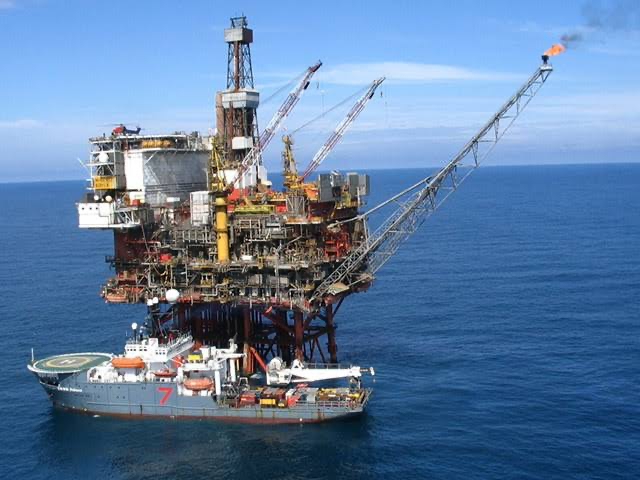Harbour Energy, the UK’s largest oil and gas producer, has announced a landmark deal to acquire most of the assets of Germany’s Wintershall Dea, creating one of the world’s biggest independent energy companies.
The deal, worth $11.2 billion in cash, shares, and debt, will boost Harbour’s output to more than 500,000 barrels of oil equivalent per day, up from about 190,000 barrels at present. It will also diversify Harbour’s portfolio, adding assets in Europe, Latin America, and Africa to its existing operations in the UK North Sea, and Asia Pacific.
Harbour, which was formed in 2021 through the merger of Chrysaor and Premier Oil, said the acquisition would enhance its growth prospects, cash flow generation, and shareholder returns. The company expects to achieve annual cost and revenue synergies of $200 million by 2025.
The deal is subject to regulatory approvals and the consent of Wintershall Dea’s co-owners, BASF, and LetterOne, which will retain the company’s Russian assets. Harbour said it expects to complete the transaction in the second half of 2024.
The acquisition comes amid a wave of consolidation in the oil and gas sector, as companies seek to adapt to the energy transition and the challenges posed by the COVID-19 pandemic. In recent months, several major deals have been announced, including the merger of Santos and Oil Search in Australia, the takeover of Woodside Petroleum by BHP’s petroleum division, and the sale of Shell’s Permian Basin assets to ConocoPhillips.
Analysts said the deal would make Harbour a more attractive investment proposition, as it would increase its scale, diversify its risk profile and improve its financial performance. They also said it would enhance Harbour’s ability to invest in low-carbon technologies and projects, as the company has pledged to achieve net-zero emissions by 2050.
Harbour’s chief executive, Linda Cook, said the deal was a “transformational opportunity” for the company and its shareholders. She said Wintershall Dea’s assets were “high quality, low cost and complementary” to Harbour’s existing portfolio, and that the combined company would have a “strong balance sheet and significant free cash flow”.
Cook also said the deal would create a “global leader in the energy transition”, as both Harbour and Wintershall Dea have committed to reducing their carbon intensity and investing in renewable energy and low-carbon solutions. She said the deal would enable Harbour to “accelerate our energy transition strategy and deliver on our net-zero ambition”.
The deal marks a major milestone for Wintershall Dea, which was formed in 2019 through the merger of Wintershall and Dea, two German oil and gas companies. The company had planned to go public in 2020 but postponed its initial public offering due to the market turmoil caused by the pandemic.
Wintershall Dea’s chief executive, Mario Mehren, said the deal was a “great outcome” for the company and its stakeholders. He said the deal would create “significant value” for BASF and LetterOne, which will receive $4.4 billion in cash and a 20% stake in Harbour. He also said the deal would benefit Wintershall Dea’s employees, customers, and partners, as they would become part of a “larger and stronger” company.
Mehren said Wintershall Dea had achieved “tremendous success” since its formation, growing its production, reserves, and profitability, despite the challenging market conditions. He said the company had also made “significant progress” in its energy transition strategy, reducing its emissions and expanding its renewable energy portfolio.
The deal is expected to create a new global force in the oil and gas industry, as Harbour aims to compete with the likes of BP, Shell, and TotalEnergies. The company said it would continue to pursue organic and inorganic growth opportunities, as well as returning capital to shareholders through dividends and share buybacks.
The deal also reflects the changing dynamics of the energy market, as companies seek to balance the demand for fossil fuels with the need to reduce their environmental impact. Harbour said it would leverage its expertise and experience in the oil and gas sector, while also embracing the opportunities and challenges of the energy transition.
Source: The Times



